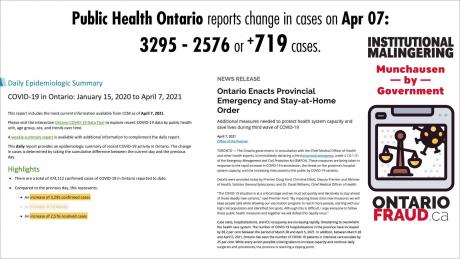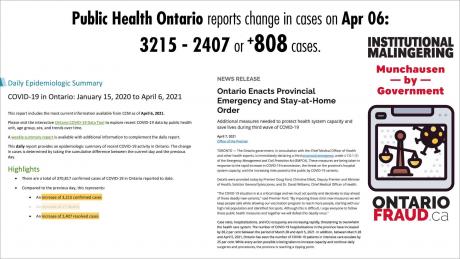REUTERS
The Oxford-AstraZeneca vaccine is facing more questions after a U.S. health agency raised concerns about the data the company reported from its latest clinical trials.
On Monday, AstraZeneca said interim data from trials in Chile, Peru and the United States found the vaccine was 79-per-cent effective in preventing symptomatic COVID-19 and posed no increased risk of blood clots – the subject of a European investigation. The company submitted the data as part of its application for the vaccine’s authorization in the United States.
On Tuesday, the U.S. National Institute of Allergy and Infectious Diseases (NIAID) said its safety board “was concerned by information released by AstraZeneca on initial data from its COVID-19 vaccine clinical trial,” adding that “AstraZeneca may have included outdated information from that trial, which may have provided an incomplete view of the efficacy data.”
It did not provide further details.
In a statement, AstraZeneca said the figures reported Monday were “based on a pre- specified interim analysis with a data cut-off of 17 February.” It added that “we have reviewed the preliminary assessment of the primary analysis and the results were consistent with the interim analysis. We are now completing the validation of the statistical analysis. We will immediately engage with the independent data safety monitoring board (DSMB) to share our primary analysis with the most up to date efficacy data.”
Anthony Fauci, the director of the NIAID, told ABC News Tuesday that the issue was one of data accuracy. “This is likely a very good vaccine,” Dr. Fauci said. “If you look at it, the data really are quite good, but when they put it into the press release it wasn’t completely accurate.”
He said the safety board was concerned the results in the company’s press release “were somewhat outdated and might in fact be misleading a bit.”
Emer Cooke, the executive director of the European Medicines Agency, told members of the European Parliament on Tuesday that the EMA will examine the results AstraZeneca reported. “The trials point to greater efficacy than what we actually observed in the previous trials that we examined,” Ms. Cooke said. “The company has promised to provide us with [data], and we will adjust our assessment if there is any new information that needs to be taken into account.”
Stephen Evans, a professor of pharmacoepidemiology at the London School of Hygiene and Tropical Medicine, said the NIAID statement was unusual. “It is not unknown for a [safety board] to disagree with investigators over interpretation of trial results. It is usually done in private, so this is unprecedented in my opinion,” he said Tuesday.
The NIAID’s comments will do little to ease the hesitancy surrounding the vaccine. There have already been concerns about its effectiveness in older people – again, the result of a lack of data – and potential links to severe blood clots, which led more than 20 countries to stop using the vaccine for several days.
Several medicine regulators, including Health Canada, have expressed confidence in the shot and said the benefits outweigh the risks. It has also been approved in roughly 70 countries. But polls show public confidence in the product is dwindling in parts of Europe and that a majority of people in France, Spain, Germany and Italy no longer believe it is safe.
Peter English, a past chair of the British Medical Association’s Public Health Medicine Committee, said the NIAID’s comments were not helpful. “In my opinion, this is shamefully bad communication by [the agency], as with their lack of clarity they have left room for speculation which could be damaging for vaccine uptake,” Dr. English said.
“The AstraZeneca press release did say it was on ‘interim’ data. There may be more recent data, but that would not normally ‘outdate’ or invalidate the interim results.”
Neil Wilson, the chief market strategist for markets.com, added that the agency’s comments could do more damage to the public’s perception of the vaccine. “More doubts won’t do the vaccine any favour – another PR problem that will cost lives,” he said in a report. “This will not do any favours for getting this shot into people’s arms – it’s not just the rollout by government, it’s people’s willingness to get it.”
Copyright ©2021 The Globe and Mail, All Rights Reserved.






Comments